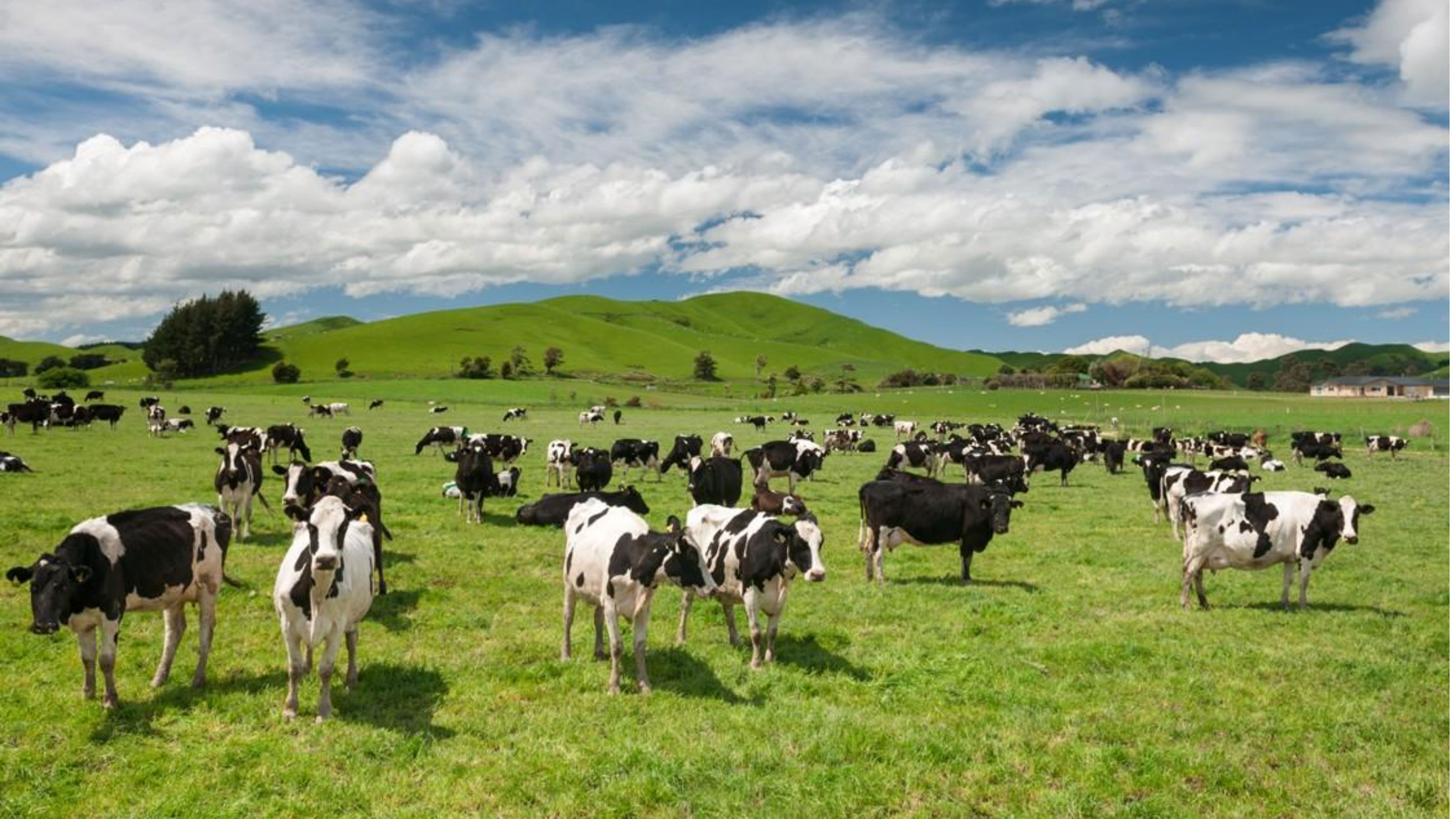Methane rethink
Our New Zealand Climate Change Research Institute is working on methane policy with some top European research institutions, including the University of Oxford.

The collaboration between the Institute and the Universities of Oxford and Reading and the Centre for International Climate Research in Norway is showing a new and fairer way of thinking about methane emissions policy.
One size doesn’t fit all
The former head of the New Zealand Climate Change Research Institute, Professor Dave Frame, says there’s a better way to think about how methane might fit into carbon budgets, and that current climate change policy suggests a ‘one size fits all’ approach to dealing with emissions.
The two types of emissions that contribute to climate change can be divided into ‘long-lived’ and ‘short-lived’.
Long-lived pollutants, such as carbon dioxide, can build up in the atmosphere over centuries. On the other hand, short-lived pollutants, such as the methane produced by cattle, disappear within a few years.
“The carbon dioxide created by burning coal in the 18th century is still affecting the climate today.”
Because of this, the research collaboration proposes a different approach be taken to each type of pollutant when it comes to creating emissions policy. This would have an effect on climate change mitigation activity in New Zealand and other countries with large agricultural sectors.
Read more about rethinking methane's role in climate change in this Newsroom article.
